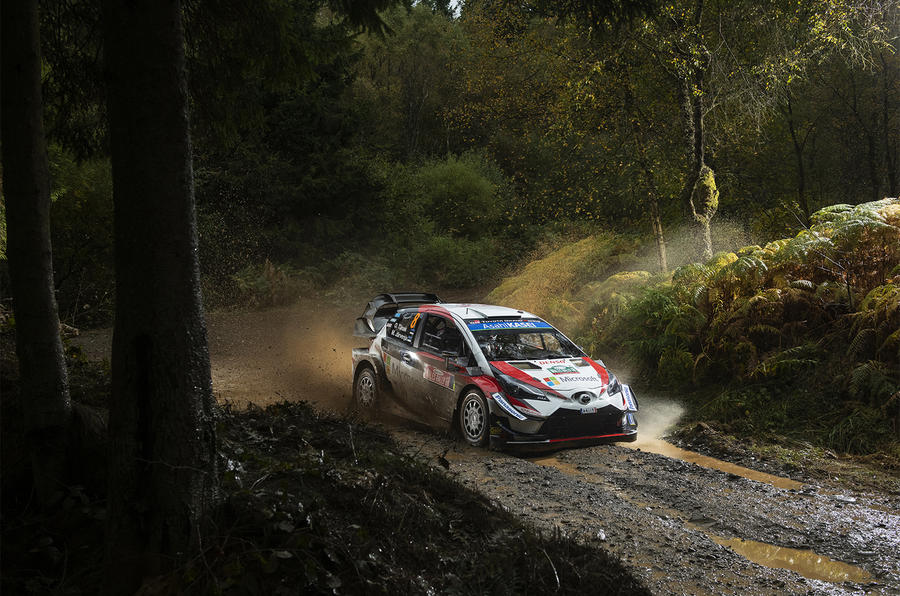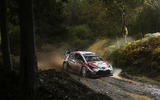Have you noticed that Rally GB, Britain’s round of the World Rally Championship, no longer exists? If you’re a hardcore rally fan, of course you have. You’ll be wringing your hands at its absence from the 2021 calendar, mourning the loss of a British motorsport crown jewel that has slipped quietly out of our grasp. Imagine if it was the British Grand Prix that had been dropped. There would be widespread outrage. But Rally GB… beyond the diehards, there was barely a ripple. Worse, there’s a genuine fear that what used to be known as the RAC Rally (or ‘The Lombard’, depending on your age) might have been lost for good.
Decline and fall
First run in 1932 as the Torquay Rally, thanks in significant part to The Autocar’s lobbying for a British equivalent to the Monte Carlo Rally, ‘the RAC’ has a wonderful heritage that has touched most parts of the country over the past 89 years. But its roots were sewn deep in Britain’s dense forests – in Wales, Scotland, Kielder, Grizedale – on some of the best gravel roads in the world. Then rallying began to change, specifically at the top end. A drive to homogenise what used to be a gruelling day-and-night feat of sleepdefying endurance and adventure was turned into a centralised TV ‘product’ – that barely anyone watches. To compound the decline, you have to know where you’re looking to find live coverage of the modern WRC (the halcyon days of the BBC’s Top Gear Rally Report are ancient history) and then pay to watch it.
For the past couple of decades, Britain’s round has become known as Wales Rally GB, centred first on Cardiff, more recently in Deeside and backed by enthusiastic regional government funding. But a combination of a Covidinduced cancellation last year and a new political apathy for the event in Wales, driven by a harsh economic reality, has cost Britain its WRC place – and that’s in spite of the spirited emergence of Elfyn Evans as a genuine title hopeful. As Motorsport UK CEO Hugh Chambers recently admitted: “Even with a spectator sellout, we would be running the event [this year] at a very significant loss.”
Sport out of its time












Join the debate
Add your comment
Classic rallying is where it's at; classic 240Zs, 911s old Volvos. Far more interesting than a polo.